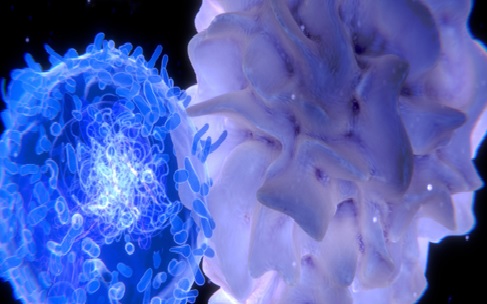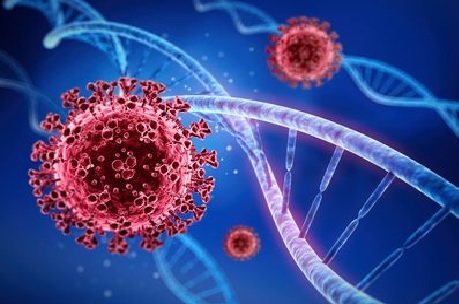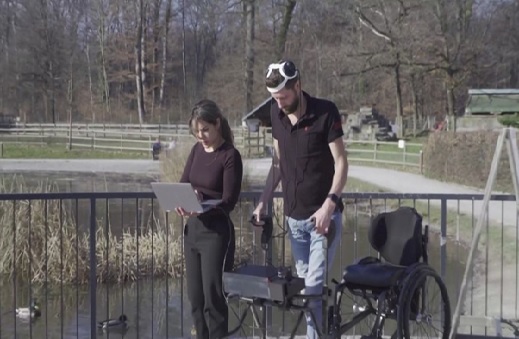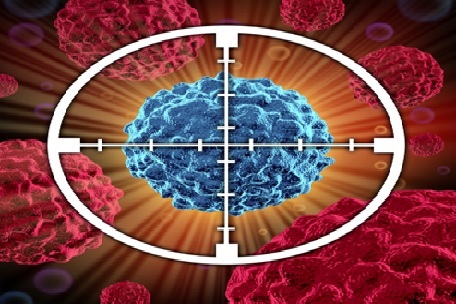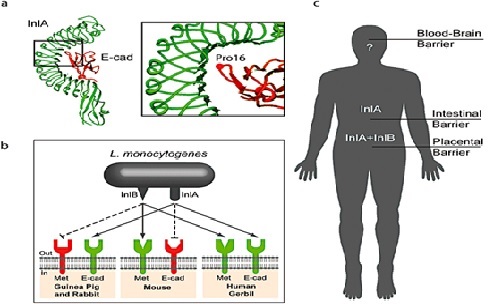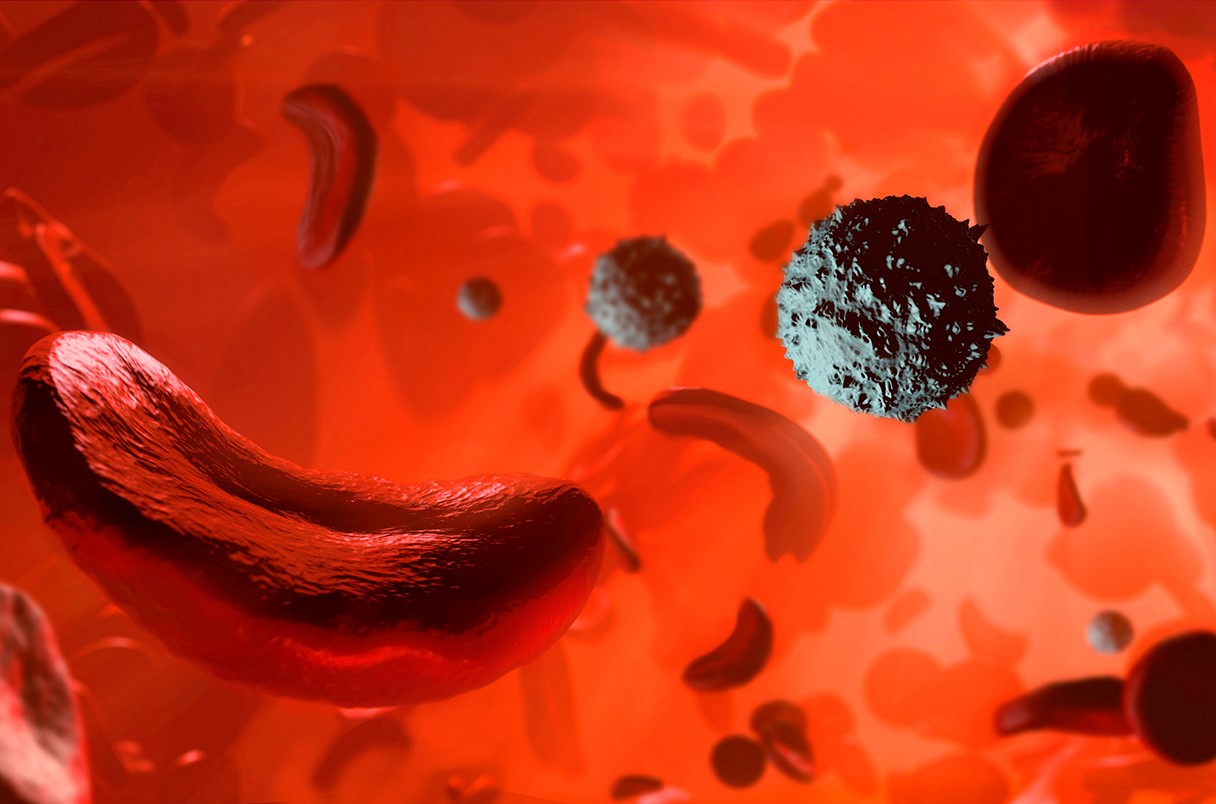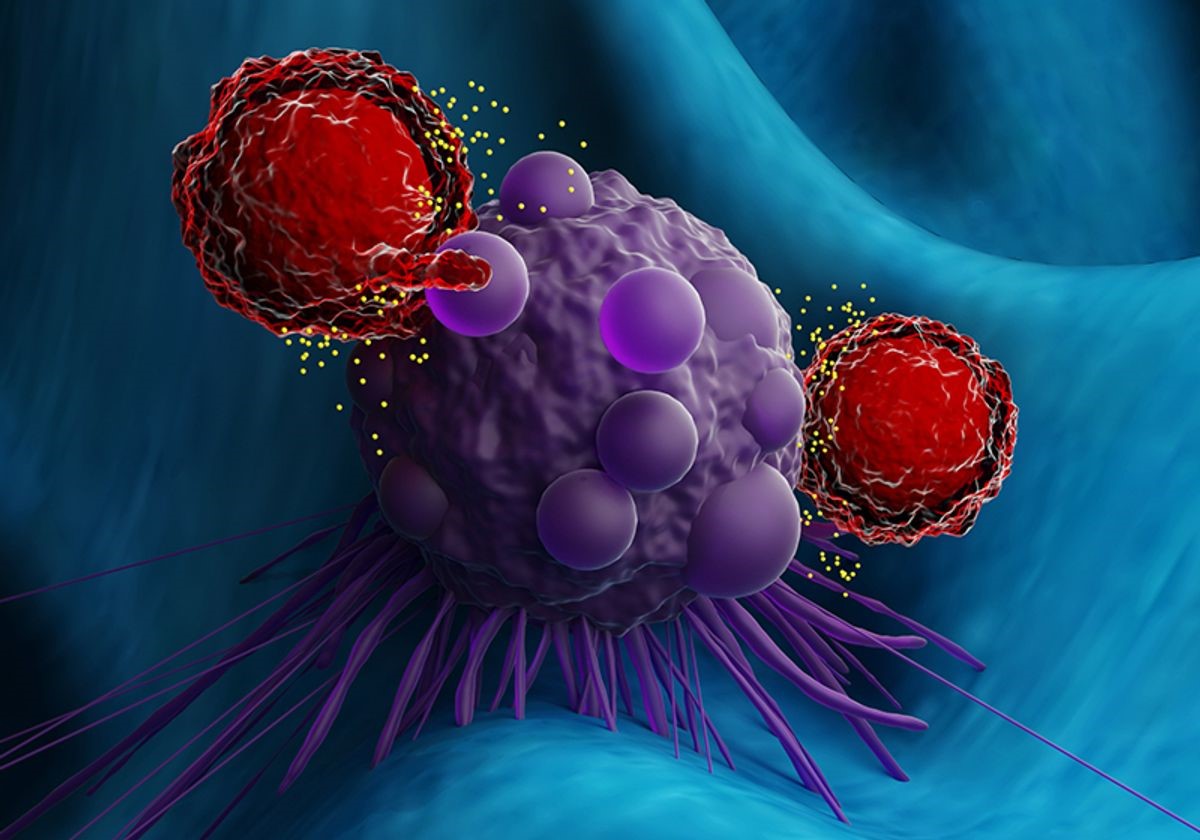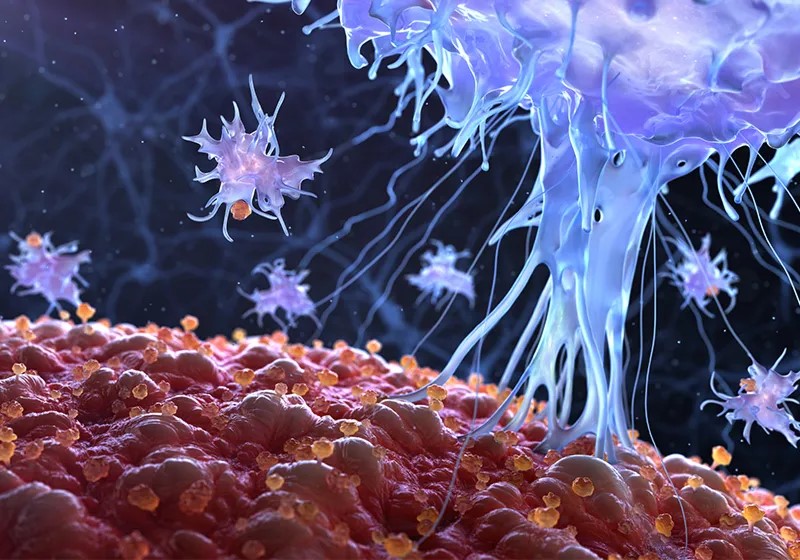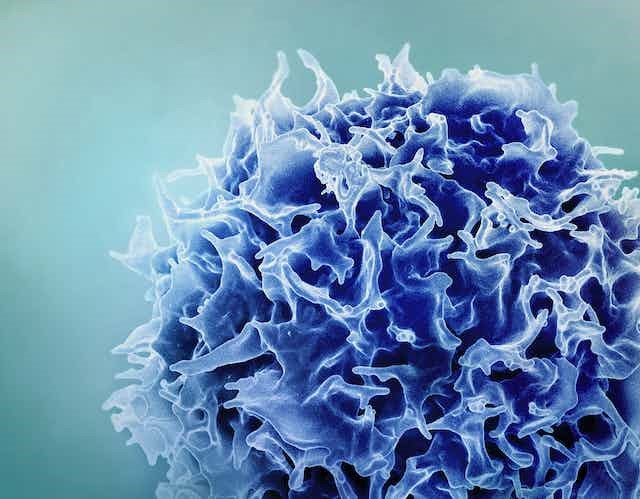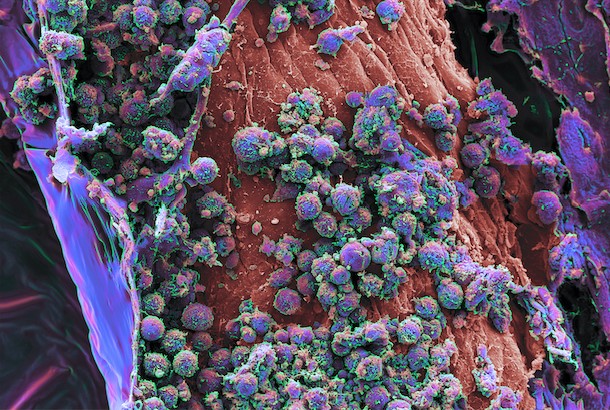One-Time CRISPR Treatment Could Permanently Lower Cholesterol
A small trial of a cholesterol-lowering treatment based on CRISPR gene editing has shown promising results. Conducted in New Zealand by Verve Therapeutics in Boston, the trial involved 10 participants with an inherited disease leading to high cholesterol levels and a significant risk of heart disease. The CRISPR treatment successfully lowered cholesterol levels, with effects lasting for six months since the first participant was treated. The company envisions this one-off treatment as a potential replacement for traditional cholesterol-lowering drugs like statins.
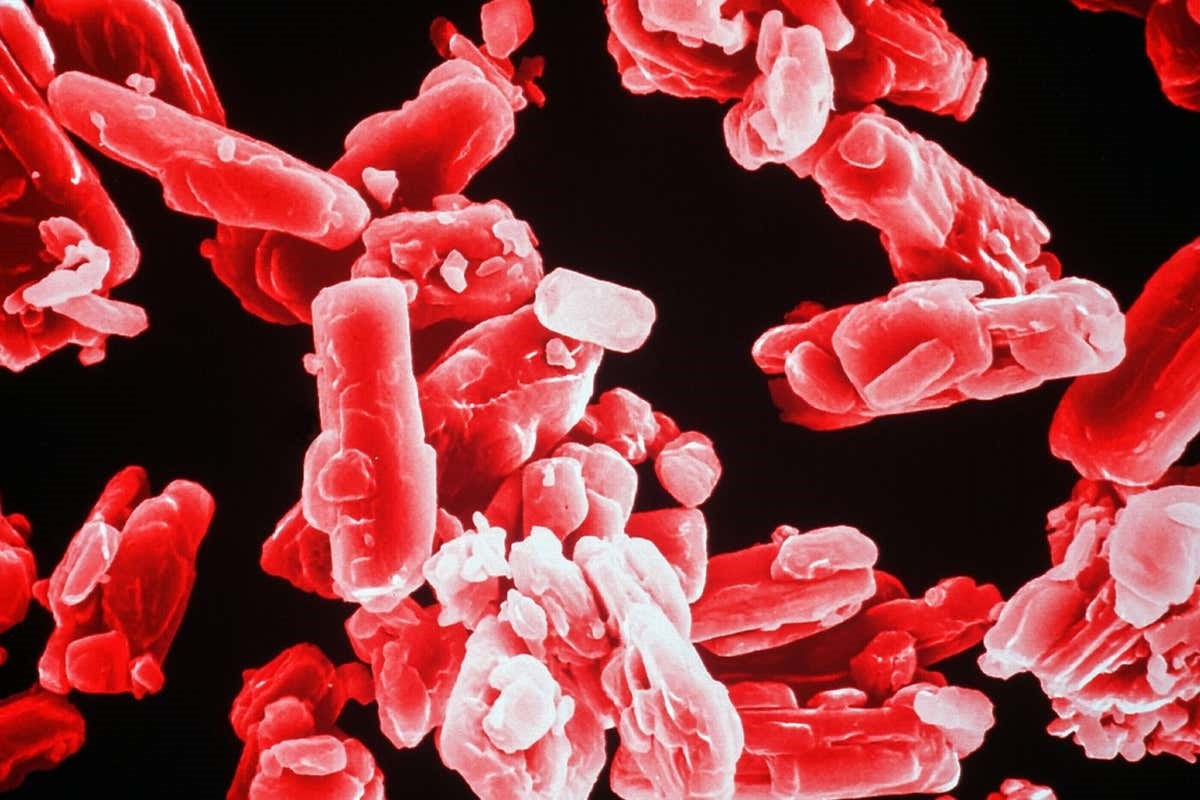
Figure 1.One-time CRISPR treatment could permanently lower cholesterol
Figure 1 shows One-time CRISPR treatment could permanently lower cholesterol Despite the positive outcomes, safety concerns have been raised following a heart attack in one trial participant. Verve Therapeutics is optimistic about the treatment's potential, believing it could pave the way for a novel approach to treating heart disease. CEO Sek Kathiresan emphasized that it's still early in the process, but the results suggest a possible breakthrough in addressing heart-related issues through gene editing.
Verve Therapeutics, the Boston-based company developing a one-off CRISPR gene-editing treatment for cholesterol reduction, is optimistic about its potential to replace traditional drugs like statins in treating heart disease. CEO Sek Kathiresan expressed enthusiasm, stating that while it's early, this approach could revolutionize heart disease treatment.
In the trial, the three participants receiving the highest doses experienced significant reductions in LDL cholesterol (LDL-C), a key factor in heart disease risk, with levels dropping between 39 and 55 percent. However, safety concerns arose when one of these participants suffered a heart attack a day after treatment. Verve acknowledges the uncertainty, noting it could be related to the treatment or the individual's underlying disease.
To address safety issues, the company plans additional small trials with higher dose levels in the UK and New Zealand. If these trials show positive results, Verve intends to conduct a larger, randomized controlled trial to provide more conclusive evidence on the safety and efficacy of their innovative gene-editing approach. Verve Therapeutics' Chief Scientific Officer, Andrew Bellinger, expressed confidence in their approach, stating that the data confirms their hypothesis that a single-course gene editing medicine can lead to substantial and lasting reductions in LDL cholesterol (LDL-C).
The treatment utilizes a form of CRISPR gene editing known as base editing. Unlike the standard CRISPR technique that involves cutting DNA, base editing modifies CRISPR enzymes to change one DNA letter to another without cutting the DNA. This modification significantly lowers the risk of unintended mutations, though it doesn't completely eliminate it.
Most CRISPR treatments to date have involved extracting cells from an individual, modifying them in a lab, and then reintroducing them into the body, making personalized treatments expensive. However, Verve's approach is distinct. They inject CRISPR machinery into the body using lipid nanoparticles carrying RNAs, similar to the mRNA technology used in COVID-19 vaccines. This method, considered safer, could potentially make the treatment more affordable and widely accessible if proven safe.
Inside the body, the majority of lipid nanoparticles from Verve Therapeutics' CRISPR base-editing treatment are absorbed by liver cells. These cells then produce the base-editing protein, which deactivates a gene responsible for the PCSK9 protein. PCSK9 normally breaks down an enzyme that removes cholesterol from the blood, so inhibiting PCSK9 results in lowered cholesterol levels. Individuals with natural mutations that disable PCSK9 have been observed to be less prone to heart disease without apparent adverse effects.
While the trial was small, the significant reductions in cholesterol levels for those receiving the highest doses, compared to minimal changes for those with lower doses, indicate the treatment's efficacy, according to Verve's Chief Scientific Officer, Andrew Bellinger. This development is considered a crucial milestone in the field of gene editing, as acknowledged by John Evans from Beam Therapeutics.
However, concerns about safety persist. Sean Wu at Stanford University in California suggests the possibility that the heart attack observed in the trial may be linked to inflammation caused by the lipid nanoparticles, although this remains uncertain.
Source:NewScientist
Cite this article:
Janani R (2023),One-Time CRISPR Treatment Could Permanently Lower Cholesterol,AnaTechMaz, pp.151


